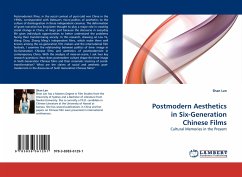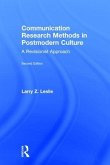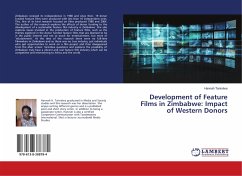Postmodernist films, in the social context of post-cold war China in the 1990s, corresponded with Deleuze's micro-politics of aesthetics to the culture of disintegration in these independent cinemas. The deformation of grant narrative has long been thought to play a major role in creating social change in China, in large part because the discourse in everyday life gives individuals opportunities to better understand the problems facing their transformaing society. In this research, drawing on Lou Ye, Wang Chao, Zhang Ming s independent films, which make them well known among the six-generation film makers and the international film festivals, I examine the relationship between politics of time- image in Six-Generation Chinese films and aesthetics of postmodernism in contemporary China. With the analysis of mise-en-scene, I ask two key research questions: How does postmodern culture shape the time-image in Sixth Generation Chinese films and their cinematic memory of social- transformation? What are the claims of social and aesthetic post-modernism in the discourse of Sixth Generation Chinese films?








